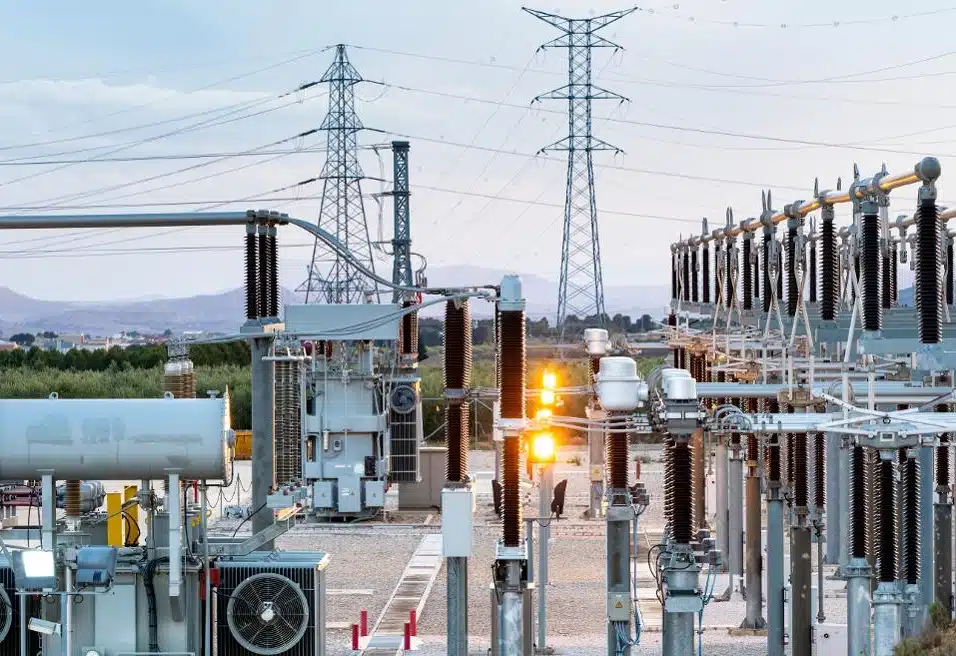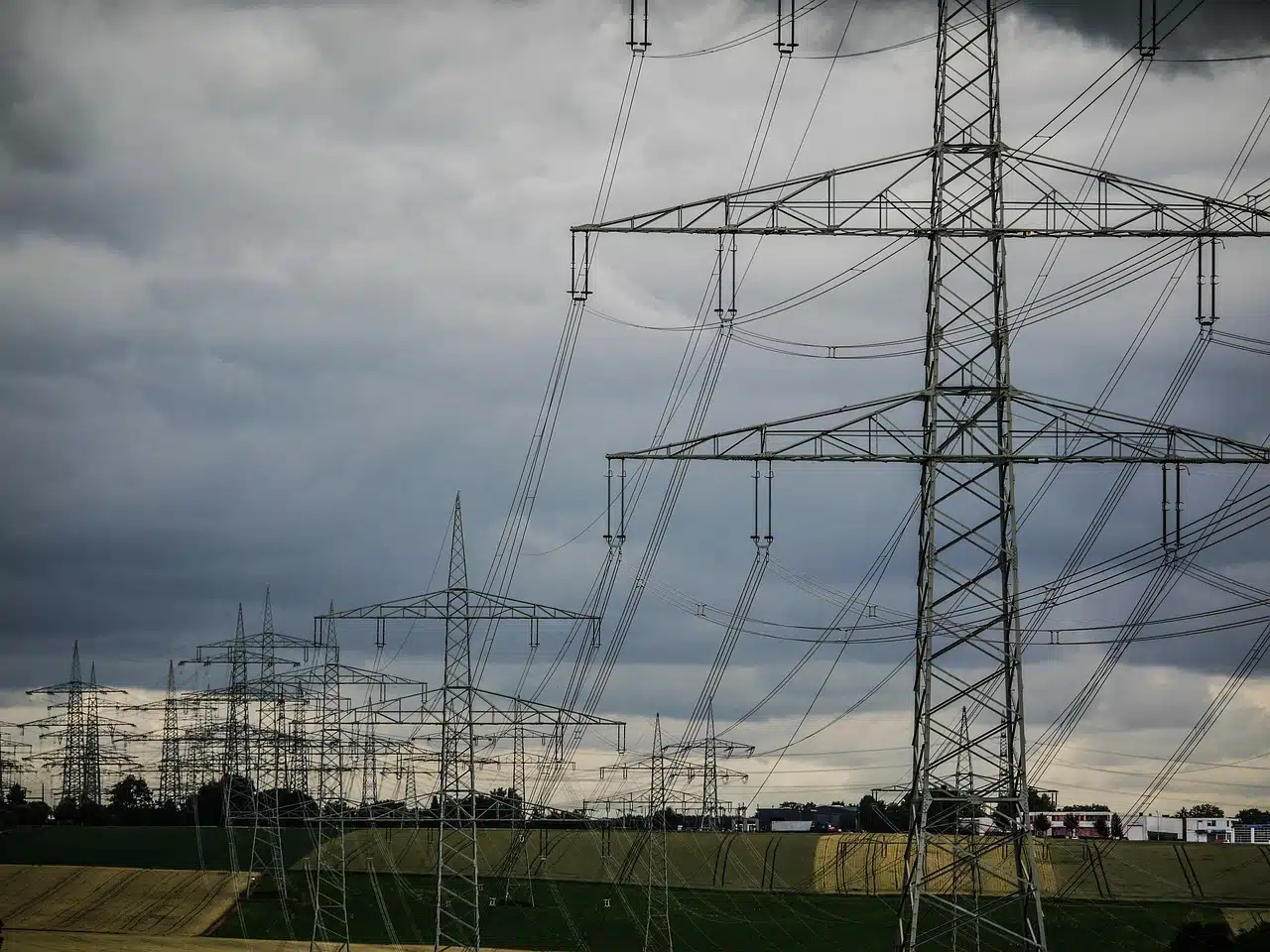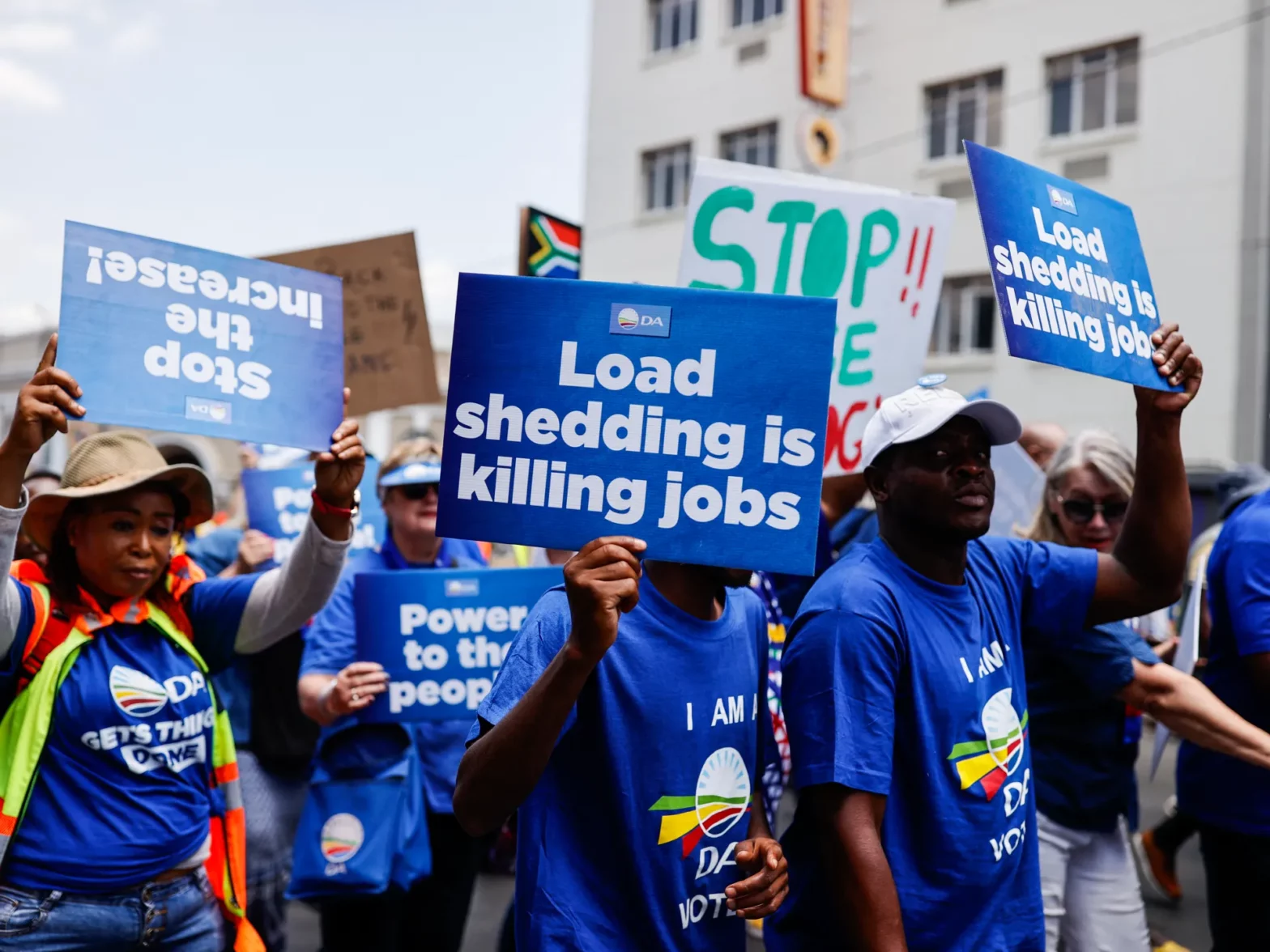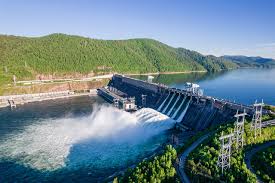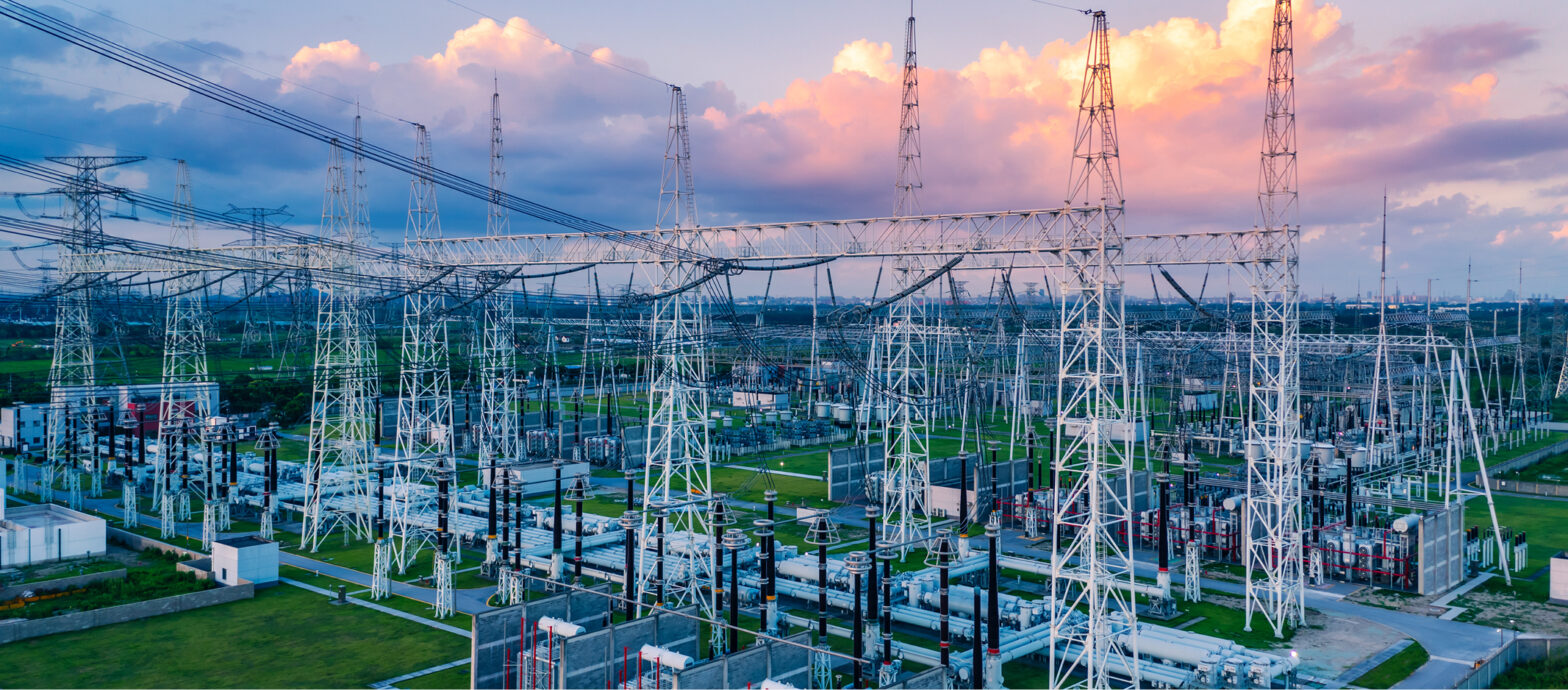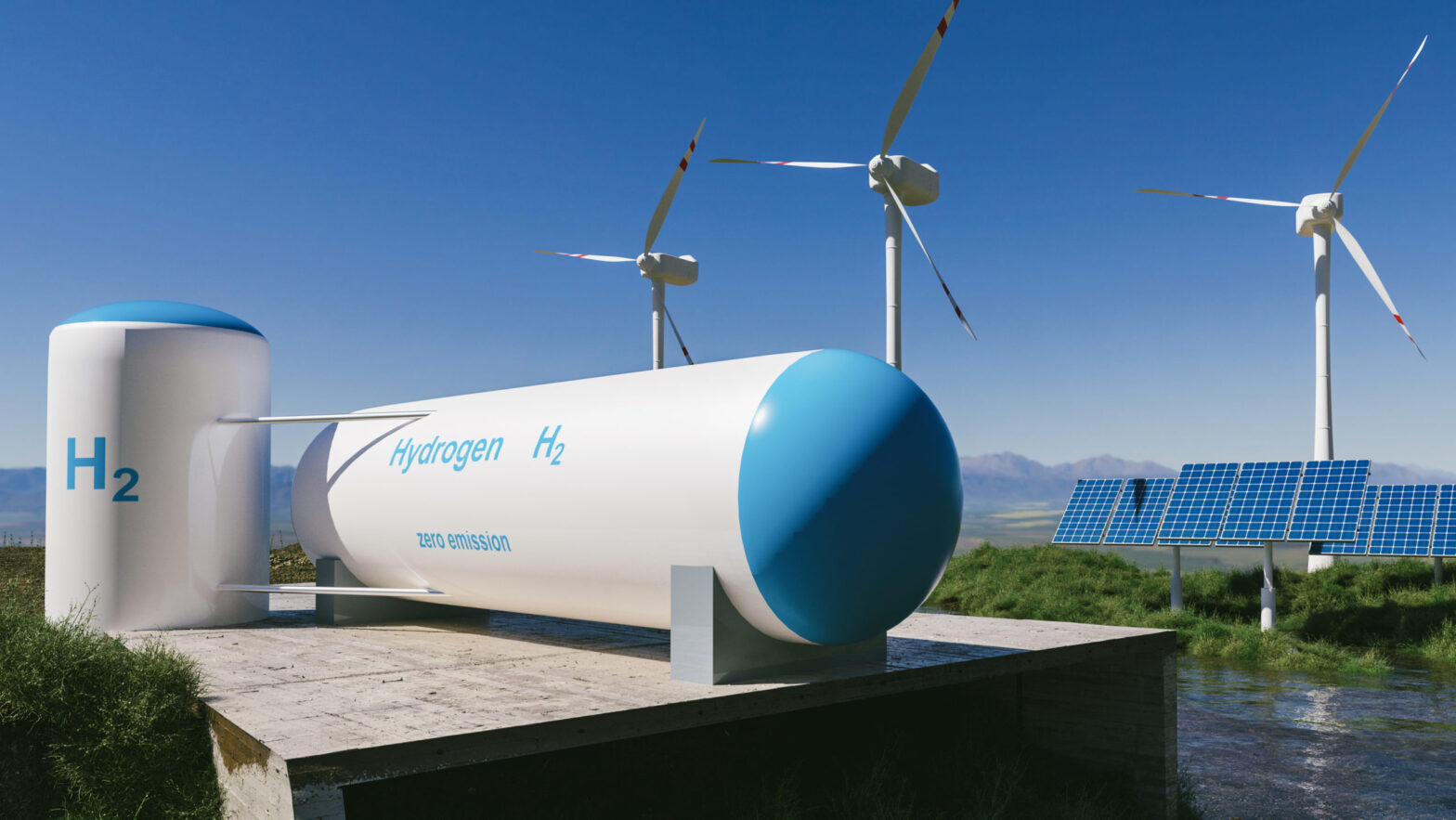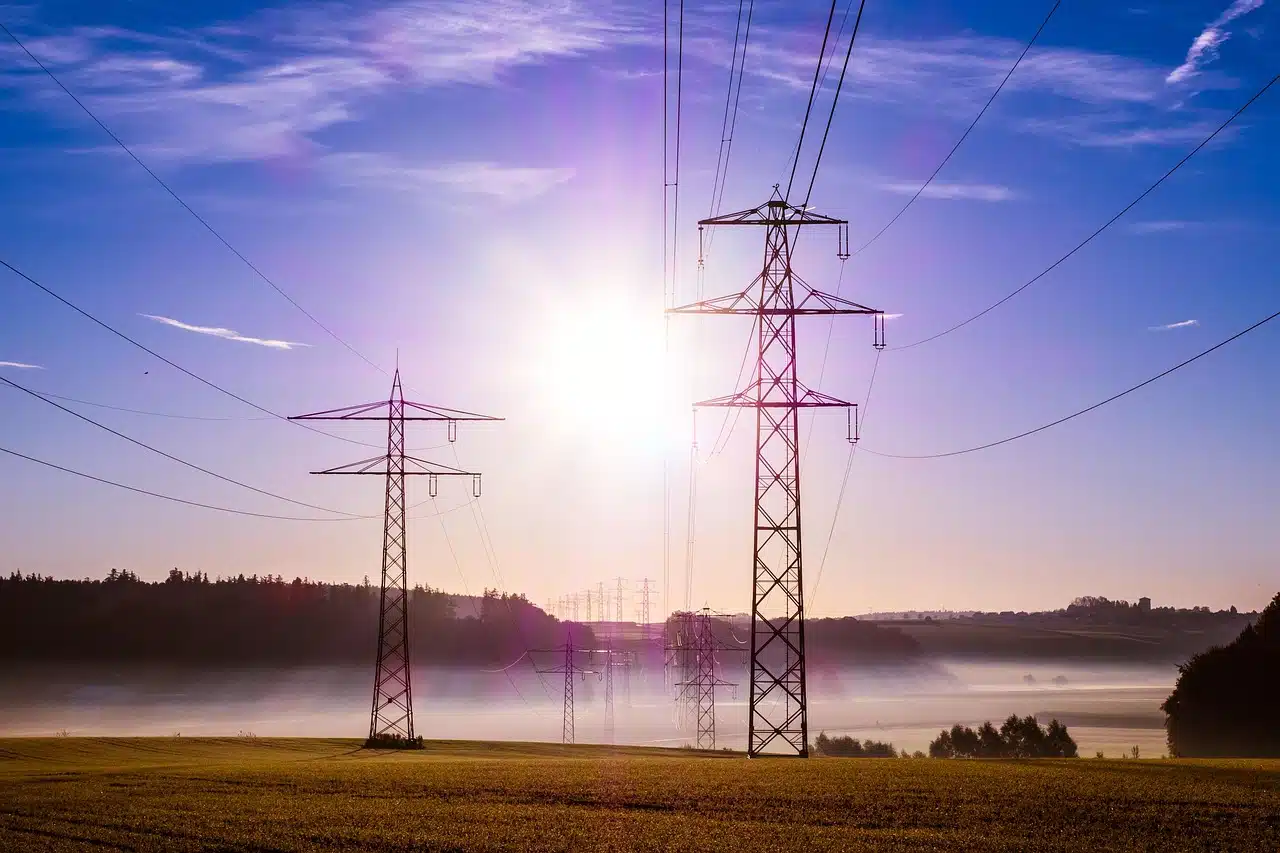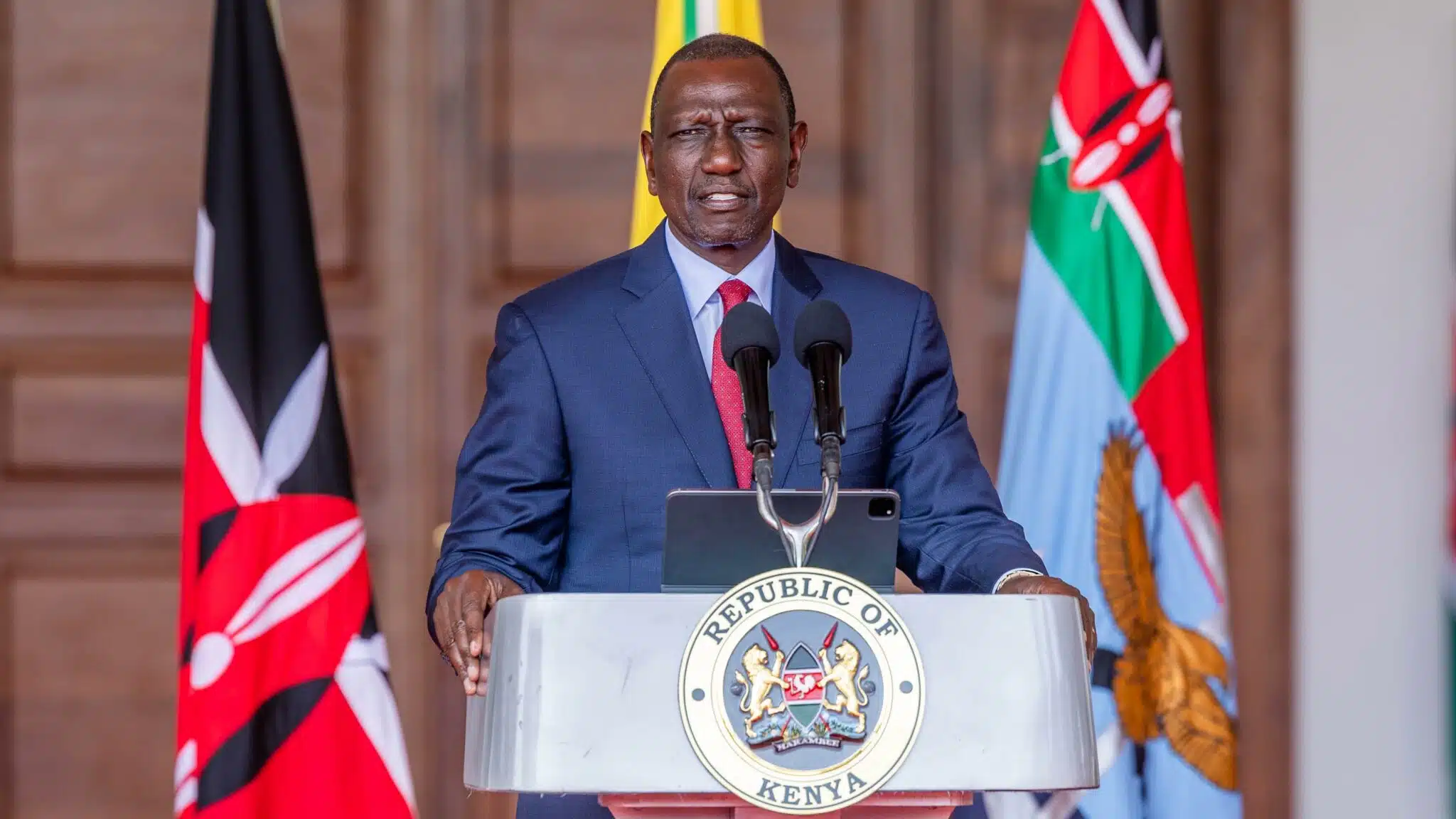Olu Verheijen, Special Adviser on Energy to Nigeria’s President Bola Tinubu, revealed at the Mission 300 Summit in Dar es Salaam in January that Nigerians should prepare for new electricity tariff hikes in the coming months.
This announcement comes amid the ongoing challenges in Nigeria’s power sector, including rising operational costs, grid collapses, and the need for infrastructure investments.
The planned increase is expected to impact households and businesses, further straining budgets in an already difficult economic environment.
The proposed plans by the Federal Government would raise electricity tariffs by over 66%, from N116.18 to N193.63 per kilowatt-hour(kWh).
The new tariffs are to be targeted at customers under Band B to E distribution class that have not been paying a cost-reflective tariff due to electricity subsidies.
If implemented, Nigerian businesses stand to be seriously impacted by the resultant increase in electricity costs.
What it will mean for Nigerian businesses
- Extra energy cost
Higher electricity tariffs will increase the amount businesses pay for each unit of electricity consumed, directly raising their operational costs and affecting overall financial planning.
This can lead to higher production costs, which may be passed on to consumers through increased prices for goods and services, potentially driving inflation and reducing purchasing power.
In addition, businesses that rely heavily on electricity, such as manufacturers and large-scale service providers, may experience reduced profitability or struggle to remain competitive in both local and international markets.
- Reduction in output (productivity)
The higher electricity bills will increase operational costs, reducing business profit margins and potentially limiting funds available for investment in growth or innovation.
If the business cannot pass these costs to the customers through higher prices, it may need to cut expenses elsewhere, such as reducing staff or scaling back production, which can negatively impact output.
Higher energy costs may force the business to operate less efficiently, reducing overall productivity and competitiveness.
- Over estimated billing on unmetered customers
While the Nigerian government is making efforts to expand the use of prepaid electricity meters, the majority of consumers still rely on the estimated billing system, leaving them vulnerable to arbitrary and often unpredictable electricity charges.
Higher electricity tariffs in Nigeria will disproportionately impact customers without prepaid meters, as they are subjected to estimated billings that often lack transparency and accuracy.
These customers may face inflated bills, as distribution companies (DisCos) could overestimate consumption to compensate for revenue shortfalls, further exacerbated by the tariff hike.
This situation could lead to financial strain, disputes, and reduced trust in the electricity supply system, particularly for low-income households and small businesses already struggling with affordability.
Solutions for Businesses Facing Potential Electricity Tariff Increases
- Mini-grid and solar energy investment
Mini-grids solve high energy costs by providing localized power generation and distribution, often using renewable energy sources like solar, wind, or hydropower.
They reduce reliance on expensive and unreliable centralised grid systems, offering more stable and predictable energy prices for communities and businesses.
Similarly, solar energy solves high energy costs by providing a decentralized and renewable power source that reduces dependence on expensive and unreliable grid electricity.
It offers predictable energy prices through systems like rooftop solar panels, minimizing exposure to fluctuating tariffs.
- Energy saving measures (energy conservation)
Businesses can also cut energy costs by using modern, energy-saving equipment, checking for energy waste, installing automatic lights and temperature controls, switching to solar power, and running heavy machinery during cheaper, off-peak times.
- Advance buying of electricity tokens for prepaid meter users
Moreover, businesses can mitigate the impact of rising electricity tariffs by purchasing electricity tokens in advance, securing units at current rates before any increases take effect.
This strategy is particularly effective when tariff hikes are expected, as it helps lock in lower costs for a period of time.
By buying tokens in bulk at existing rates, businesses can better manage their operational expenses and reduce the financial strain of higher electricity costs.
- Digitisation of businesses
Digitisation and hybrid business models help save electricity costs by reducing the need for large office spaces, lighting, and equipment, as more work can be done online or remotely.
Using digital tools and automation minimizes energy waste by streamlining processes and cutting down on unnecessary power usage.
By combining online and physical operations, businesses can optimise energy consumption, leading to lower electricity bills from high electricity tariffs.
- Investment in energy conserving machines/devices
Lastly, investment in energy-conserving machines and devices helps in significantly reducing overall energy consumption, leading to lower electricity bills.
Energy-efficient appliances, such as LED lighting, and smart thermostats, consume less power while maintaining performance and directly cutting costs.
Additionally, these investments often qualify for rebates or incentives, further offsetting expenses.
Over time, the savings from reduced energy use can outweigh the initial investment, making it a cost-effective strategy to mitigate the impact of rising tariffs.

